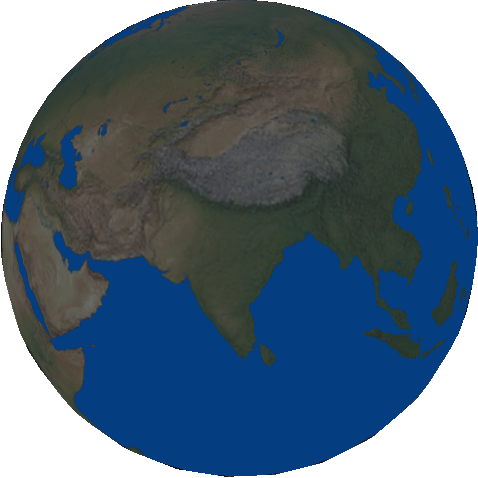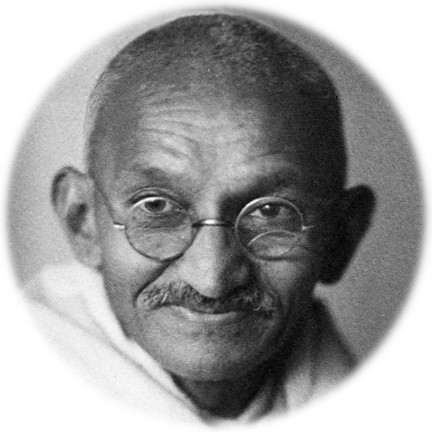Non-cooperation movement
09/04/1920 AD protested
Mahatma Gandhi launches a campaign to have Indians revoke their cooperation with the British government, with the aim of inducing the British to grant self-governance and full independence (Purna Swaraj) to India.
This came as result of the Indian National Congress (INC) withdrawing its support for British reforms following the Rowlatt Act of 18 March 1919—which suspended the rights of political prisoners in sedition trials, and was seen as a "political awakening" by Indians and as a "threat" by the British—and the Jallianwala Bagh massacre of 13 April 1919.
The movement was one of Gandhi’s first organized acts of large-scale satyagraha (civil disobedience). Gandhi's planning of the non-cooperation movement included persuading all Indians to withdraw their labour from any activity that "sustained the British government and also economy in India," including British industries and educational institutions.
Through non-violent means, or Ahinsa, protesters would refuse to buy British goods, adopt the use of local handicrafts, and picket liquor shops. In addition to promoting "self-reliance" by spinning khadi, buying Indian-made goods only, and boycotting British goods, Gandhi's non-cooperation movement called for the restoration of the Khilafat (Khilafat movement) in Turkey and the end to untouchability. This resulted in publicly-held meetings and strikes (hartals), which led to the first arrests of both Nehru and his father, Motilal Nehru, on 6 December 1921
Subjects Who or What protested?
-
India (Republic of India) Country in South Asia th...
-
Mahatma Gandhi (Mohandas Karamchand Gandhi) Indian lawyer, anti-colo...
Objects To Whom or What was protested?
-
England Nation
Events in 1920 MORE












